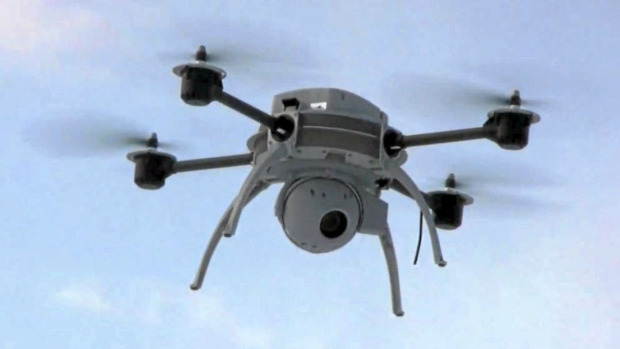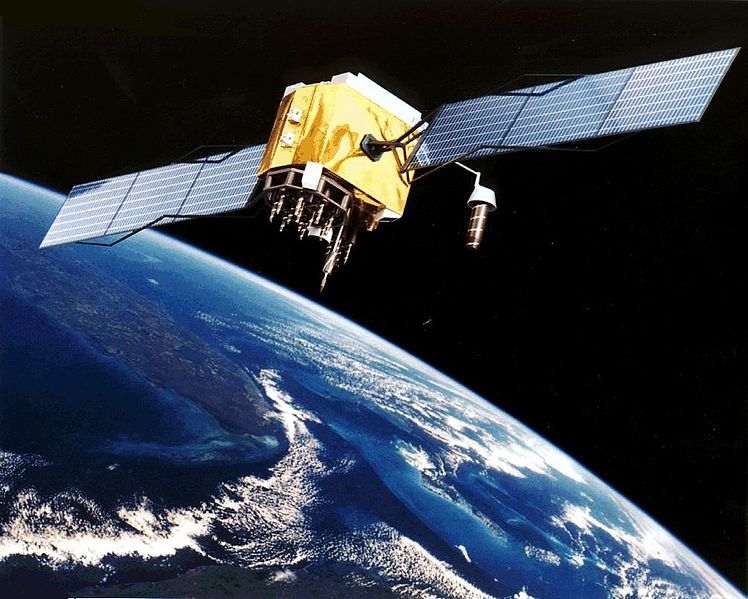On Wednesday May 8, 2013, the NATO Council of Canada held its first drones roundtable entitled, “Robots in War: Early Lessons From the Middle East, Libya and North America.” The event featured Charles Barlow, President of the Zariba Security Corporation, a Canadian firm that supplies drones to governments and organizations both within North America and overseas. The roundtable discussion touched upon the key moral, legal, and tactical controversies surrounding the growing use of robots in warfare.
The presentation began by providing audience members with a brief overview of the different types of robots that have been used in previous major conflicts. Among such drones were the German V1 and Red Army Teletank, employed during the Second World War. In drawing on these historical precedents, the main forecast was that robots will fight alongside humans in every future conflict. In the case of the Iraq War, the United States had less than 20 ground robots when the war began in 2003; by 2009 they had almost 12,000.
[captionpix align=”left” theme=”elegant” width=”320″ imgsrc=”http://natoassociation.ca/wp-content/uploads/2013/05/web-libya-drone_1311468cl-8.jpg” captiontext=”The Scout Micro-UAV”]
In addition to their various strategic, operational, and tactical uses, the roundtable highlighted some of the major advantages that have made drones increasingly attractive to both state and non-state actors. First, drones are not susceptible to many of the physical and psychological limitations faced by humans, such as fatigue and fear. This means that they can perform a number of strategic functions, such as the surveillance of targets, for extended periods of time. An example of such technology is the Scout Micro-UAV, which can hover over targets and take stills for several hours.
The use of drones not only overcomes a number of these physical limitations, but can survey places that are normally inaccessible to humans. In the case of Fukushima, where radiation levels continue to prove unsafe for humans, drones were successfully used to photograph the disaster zone. Unlike manned aircrafts as well, drones are not operated by pilots that could otherwise be killed or captured following a crash. This fact, combined with the option to unmark them, allows for the presence of such technology to be denied by those actors that have employed them.
Although the benefits are enormous, the employment of such technology still comes with its limitations. Among the main challenge is processing and interpreting the vast amount of data provided by these drones. As mentioned during the discussion, analysts will have to go through both maintenance data, such as flight hours, and intelligence data, such as unprocessed imagery. This problem is exacerbated when numerous drones are employed on the battlefield; the larger the number, the more complex it is to manage the data gathered by these devices.
Among the most significant controversies that were discussed was the animosity that the use of such technology has generated around the world, namely in northern Pakistan and Yemen. Although such technology has been viewed by the Obama administration as the most effective way of eliminating terrorist threats, local civilians are sometimes caught up in the crossfire. As such, they generate widespread fear in the areas they strike and are often viewed as random attacks.
Overall, the main message of the lecture was that despite their various limitations, drones are here to stay. Drones are already making significant contributions to modern warfare, and humans will increasingly rely on them to operate on land, at sea, and in the air. This discussion was not only successful in eliminating the common perception of drones as strictly tools for assassinations, but also in providing a more balanced analysis of their use on the battlefield.




